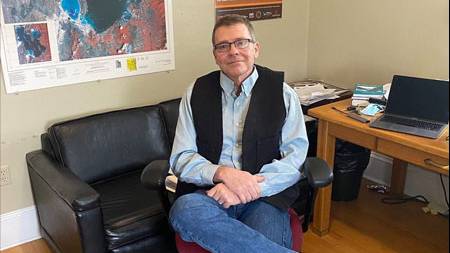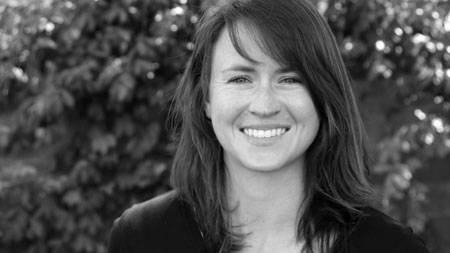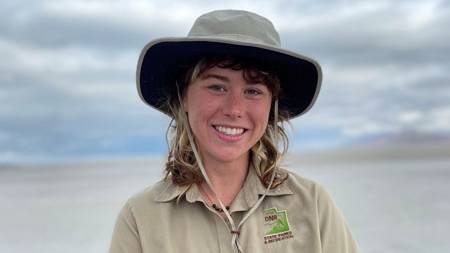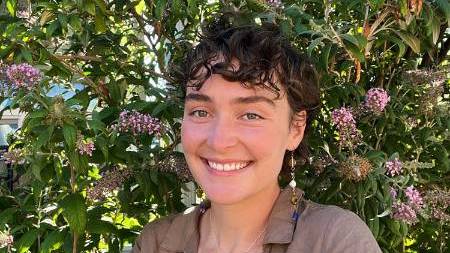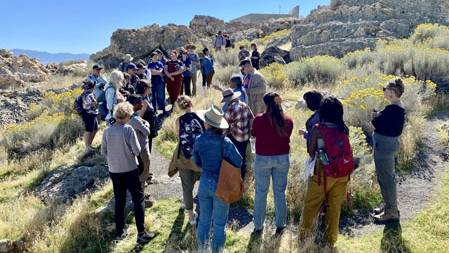
Can art and humanities save the Great Salt Lake? On September 23-24, we explored this question with local artists, poets, journalists, community organizers, Tribal leaders, dancers, communications professionals, scholars, and of course, the many concerned community members who care about Great Salt Lake and a livable future. The Environmental Humanities Symposium on Great Salt Lake: Lessons of Art, Action, and Culture was a great success and we’re so grateful to all our speakers, event partners, and attendees.

